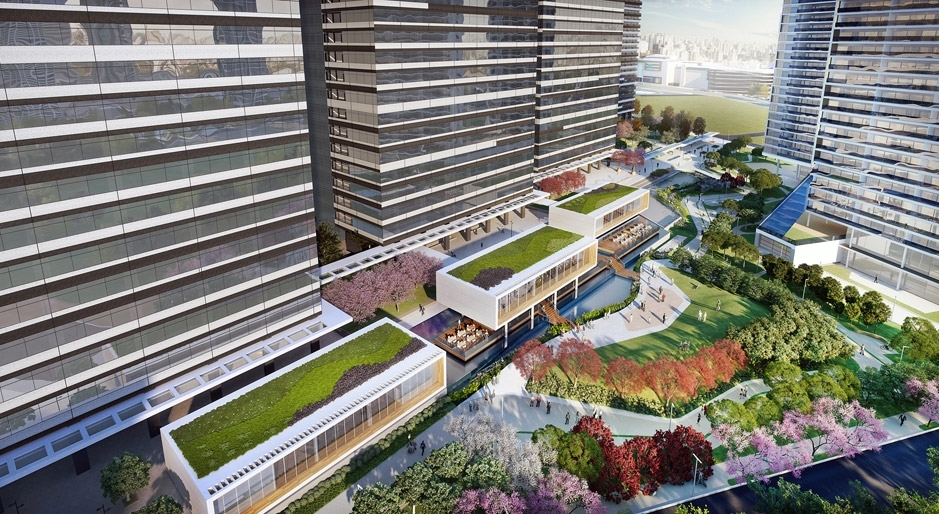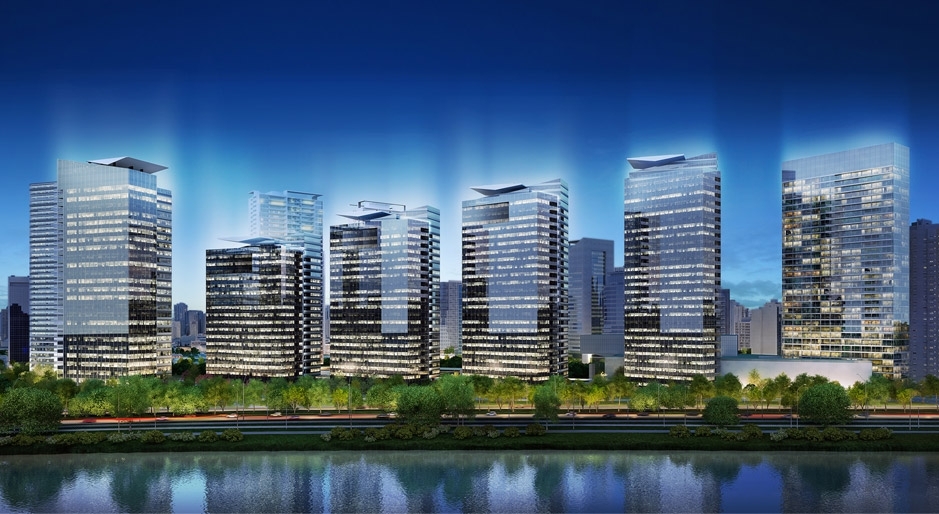Parque da Cidade (City Park)

C40 Cities, in partnership with the Clinton Climate Initiative and U.S. Green Building Council, launched the Climate Positive Development Program to recognize the most ambitious low-carbon urban development projects in the world. Odebrecht Realizações endeavored to be the first developer to achieve Climate Positive certification in Latin America with Parque da Cidade, a mixed-use development for 65,000 daily users in São Paulo. To eliminate transportation-related emissions, Odebrecht hired LOGIT Engenharia to model baseline carbon emissions and identify cost-effective reduction and offset strategies.
Drawing on São Paulo’s recent origin-destination survey, I estimated the mode split and commute distances of all 65,000 users to calculate a baselin carbon emissions inventory. Researching broadly, I identified 24 design interventions that could promote low-carbon modes. I developed a spreadsheet tool to model emissions for scenarios, accounting for cases when strategies worked synergistically or competitively. The most attractive solutions, in terms of visibility and effectiveness, were on-site bicycle infrastructure, electric car charging stations and commuter shuttle drop-off zones. I estimated that the final mobility plan would reduce emissions by 60%.

According to Climate Positive Development Program rules, the remaining 40% of emissions would have to be offset locally. Fortunately, there were two high-profile offset opportunities nearby that would directly benefit the users of the development. I proposed that Odebrecht build a pedestrian bridge connecting Parque da Cidade to the nearest train station to the North and fund the extension of an exclusive-lan bus corridor along the southern edge of the site. The projects would more than offset the remaining 40% of emissions, and thus count toward offsetting other emissions from the construction and use of the development.

Learn more at the project website.
